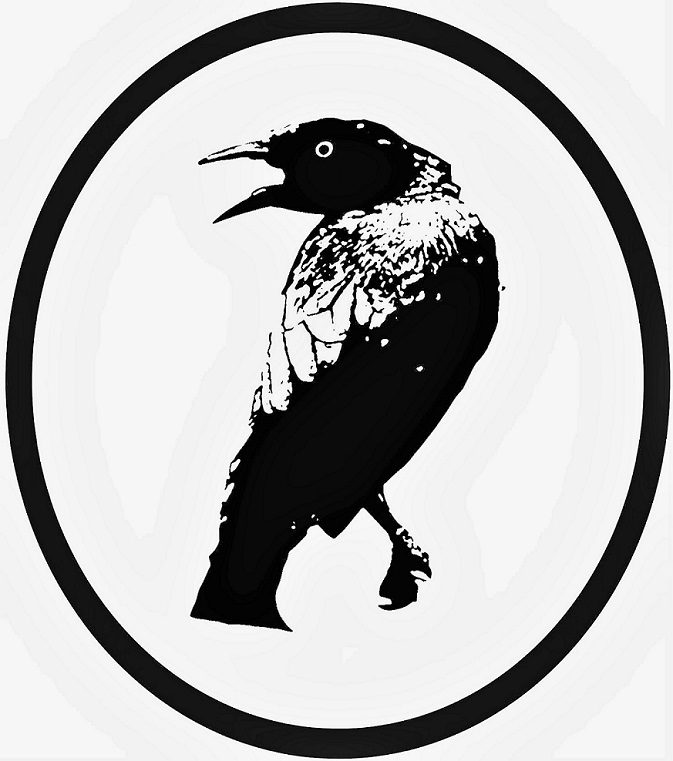|
Introduction:
Publishing a book is a thrilling journey that brings an author's words to life, connecting them with readers worldwide. In this blog post, we'll explore the multifaceted world of book publishing, covering key aspects from writing your manuscript to navigating the publishing industry. 1. **Crafting Your Manuscript:** Before delving into the publishing process, ensure your manuscript is polished and refined. Take the time to edit, revise, and seek feedback from beta readers. A well-crafted manuscript forms the foundation for a successful book. 2. **Choosing the Right Publishing Path:** Authors have two primary routes: traditional publishing and self-publishing. Traditional publishing involves securing a literary agent who will pitch your manuscript to publishing houses. Self-publishing empowers authors to control the entire process, from editing to cover design, using platforms like Amazon Kindle Direct Publishing (KDP). 3. **Literary Agents and Query Letters:** If opting for traditional publishing, finding a literary agent is crucial. Craft a compelling query letter that succinctly conveys the essence of your book, enticing agents to request your full manuscript. Research agents who specialize in your genre for a better chance of success. 4. **Navigating Traditional Publishing:** If a literary agent secures a book deal with a publishing house, the publisher will handle various aspects like editing, cover design, and distribution. Authors receive advances against future royalties, and the publisher assumes the financial risk. 5. **Self-Publishing Platforms:** Self-publishing offers autonomy but requires careful planning. Platforms like KDP, IngramSpark, and others provide tools for authors to publish ebooks and print books. Pay attention to formatting, cover design, and marketing strategies to maximize your book's visibility. 6. **Building an Author Platform:** Regardless of the publishing path, establishing an author platform is crucial. Utilize social media, author websites, and newsletters to connect with your audience. A robust author platform enhances your book's marketability and paves the way for future projects. 7. **Marketing and Promotion:** Successful book publishing involves effective marketing. Put together a marketing strategy to promote your book online and in person. Leverage social media, book reviews, author events, and collaborations to increase visibility and attract readers. 8. **The Importance of Professional Editing:** Whether traditional or self-publishing, investing in professional editing is non-negotiable. Editors refine your prose, correct errors, and ensure your book meets industry standards. A well-edited book significantly enhances its reception. 9. **Understanding Royalties and Contracts:** For traditionally published authors, understanding royalty structures and contract terms is vital. Seek legal advice if necessary to ensure you are making informed decisions about your intellectual property. Conclusion: Embarking on the journey of publishing a book requires dedication, persistence, and strategic planning. Whether choosing traditional publishing or embracing the world of self-publishing, authors must navigate each step with care. Remember, the publishing landscape is ever-evolving, so staying informed about industry trends is key to a successful and fulfilling publishing experience. |
AuthorGabriel H. Sanchez is an author, poet, actor, editor, and publisher from the Rio Grande Valley in south Texas, on the border with Mexico. Gabriel is the author of "Once Upon a Bad Hombre," "The X Series," "The Martian Ones: Tales of Human Folly," and "The Fluid Chicano." You can read more about him and his other projects at gabrielhugo.com or on his Facebook page: @gabrielhugoauthor. Categories
All
Archives
June 2024
Fueled by RPM |


 RSS Feed
RSS Feed
